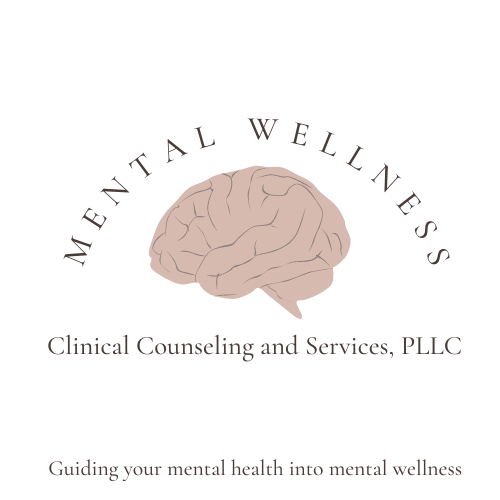Netflix’s Straw Movie Review: A Therapist’s Take for Overwhelmed Black Moms
When I watched Straw, I didn’t just see a fictional story.
I saw too many of the women I serve in my therapy practice.
And I saw a version of myself from a time when I was trying to do it all and slowly unraveling.
Tyler Perry’s latest Netflix film Straw is raw, gut-wrenching, and—for many Black mothers—deeply triggering.
Because we are Janiyah.
She’s not a villain. She’s not dramatic. She’s a mother holding too much for too long.
And when one more thing is added to her already-heavy load, she breaks.
If Janiyah Were My Client, Here’s What I Would Tell Her
If the mother from Straw sat across from me in a therapy session, I wouldn’t immediately start asking her what she could do differently.
I would start by offering empathy, safety, and validation.
I would say:
“You’ve been surviving. That matters. And you deserve compassion—for simply making it this far.”
From there, I’d gently guide her toward identifying the basic things she needs in order to feel human again—whether that’s a full night of sleep, a break from caregiving, or a moment to sit without being needed.
We’d explore ways to care for herself without guilt, even in the midst of survival.
And I’d challenge the beliefs keeping her stuck in overextension:
Who told you you had to carry all of this alone?
What support is available that you’ve been afraid or ashamed to ask for?
Therapy would become the place where she didn’t have to be “strong.”
She could just be.
Why This Movie Can Be Triggering for Black Moms
For so many of us, Straw hits too close to home.
Black women—especially single mothers—often carry invisible emotional labor that no one else sees or acknowledges. And because we’ve done it so long, it feels normal.
But when a film like this reflects it back to us so honestly, it forces us to feel the full weight of what we’ve been carrying.
That’s what makes it triggering:
Seeing your pain played out.
Seeing the silence, the judgment, the isolation.
Recognizing yourself in a woman on the edge.
And for many, that’s the moment when shame creeps in.
But let me say this clearly:
If you saw yourself in Janiyah, there is no shame in that.
It means you are human. It means it’s time to get support.
The Myths Black Moms Believe About Self-Care
Here’s a common narrative I hear in sessions:
“If I can’t do self-care the way it looks on Instagram, I must not be doing it right.”
Let’s be honest—many Black moms have come to believe that real self-care is unattainable.
If you don’t have time for luxury vacations, brunch with girlfriends, or candlelit bubble baths, then it must not count, right?
Wrong.
Self-care is not what it looks like—it’s what it feels like.
For you, it might be:
Saying no without over-explaining
Letting the dishes wait
Going to bed earlier instead of scrolling
Asking for help
Taking a 5-minute breath in the car before walking into your home
The reality is: the more we glorify hustle and perfection, the further we push ourselves from peace.
When Should a Black Mom Consider Therapy?
Many of the moms I work with didn’t come to therapy because of a major crisis.
They came because the daily weight became too much—and it started affecting their ability to function.
If you're experiencing:
Trouble sleeping or constantly feeling tired
Emotional outbursts or irritability with loved ones
Difficulty focusing or completing tasks
Overwhelm that doesn’t go away, even after resting
A sense that you're "losing yourself"
Then it may be time to talk to someone.
Therapy isn’t a last resort.
It’s a way to reclaim your wellness before you reach the breaking point.
Final Thoughts: You Don’t Have to Break First to Ask for Help
Straw is a reminder of what can happen when we hold too much and speak too little.
If you walked away from that movie feeling seen, cracked open, or emotional—you are not alone.
And you don’t have to stay in that place.
That’s exactly why I created The Ambitious Mom Reset—a therapist-designed self-care workbook made for women like Janiyah… and women like you.
Inside, you’ll find:
Simple, practical ways to care for yourself in real life
Strategies to set boundaries and say “no” without guilt
Journaling prompts to reconnect with who you are outside of motherhood
Permission to rest—even when the work isn’t done
Ready to Take the First Step?
You don’t have to wait until everything falls apart.
Download The Ambitious Mom Reset Workbook today and begin the process of reclaiming your peace, your identity, and your mental health.

